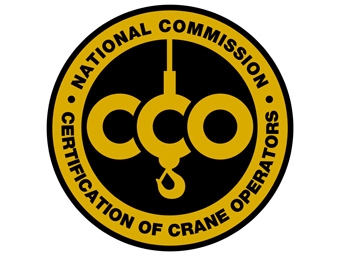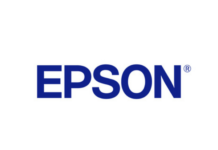The National Commission for the Certification of Crane Operators (NCCCO) made available the first phase of a new CCO certification program specifically designed for boom truck operators.
The new CCO Boom Truck—Fixed Cab (BTF) operator certification is a subcategory of the CCO Telescopic Boom—Fixed Cab (TSS) certification and was developed specifically for the industries that use these machines.
Users and manufacturers of boom trucks approached NCCCO early last year to request the new program, motivated by a desire to reap the safety, insurance, and risk management benefits that other CCO operator certification programs have delivered over the past eighteen years, commented NCCCO Manager, Program Development and Administration Joel Oliva. He also pointed out that the new OSHA crane rule (29 CFR 1926 Subpart CC) requires operators to be certified when using cranes with capacities exceeding 2,000 lb. in construction applications.
“While there is a wide variety of users and applications of boom trucks, many machines don’t operate in typical construction applications, but are engaged in activities such as delivering materials and equipment,” Oliva said. “This new program is designed specifically to address the unique needs of boom truck operations in all their variety.”
For the purposes of this new certification, a boom truck (also known as a commercial truck-mounted crane) is defined as a crane consisting of a rotating superstructure (center post or turntable), a fixed or telescopic boom, operating machinery, and one or more operator’s stations. It is mounted on a frame attached to a commercial truck chassis with a payload hauling capability and is equipped with its own power source. Its function is to lift, lower, and swing loads at various radii, requiring the use of outriggers/stabilizers.
The new CCO certification program was developed by a NCCCO Work Group consisting of boom truck users and representatives from boom truck manufacturers, trainers, consultants, and industry associations, as well as members of NCCCO’s Written Exam and Practical Exam Management Committees.
“We anticipate this new program being highly popular with boom truck users keen to protect their employees and manage the risks inherent in any lifting activity,” noted NCCCO Work Group member and chairman of NCCCO’s Practical Exam Management Committee, Kenny Shinn, Shinn Cranes, Lakewood, NJ. “The boom truck industry will be keen to take advantage of this powerful new tool for assessing operators’ knowledge and skills necessary for safe operation in their specific applications.”
The CCO Boom Truck—Fixed Cab (BTF) written exam is a modified version of the CCO Telescopic Boom—Fixed Cab (TSS) written exam. Questions that don’t apply to boom trucks have been replaced with questions that specifically deal with boom truck operations. Candidates must take the Mobile Crane Operator Core written exam as well as a Boom Truck Specialty written exam, which features a Manitex boom truck load chart. The practical exam remains unchanged from the TSS program, but BTF candidates are required to take their tests on boom trucks. All NCCCO certification eligibility and medical policies of other CCO operator certifications apply.
Since CCO Telescopic Boom—Fixed Cab (TSS) operator certification already covers fixed-cab boom truck cranes, operators of fixed-cab boom trucks who currently possess a TSS certification do not need to take the new Boom Truck—Fixed Cab Operator certification exams. They will be automatically granted the new BTF certification.
The Work Group is currently finalizing development of the second and final phase of the boom truck program. A swing-cab equivalent of the BTF certification is planned for launch by year-end.
More information about the new BTF certification is available on NCCCO’s Web site at nccco.org/boomtruck; the Mobile Crane Operator Candidate Handbook with exam applications and other BTF program information can be downloaded from nccco.org/handbooks#mobile.











